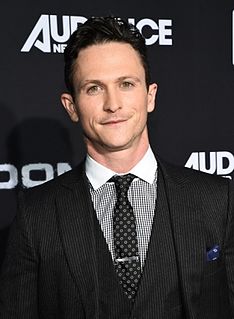A Quote by Jeremy Grantham
We live on a finite planet. We have finite resources, and we're running out of good, arable land.
Related Quotes
What I assert and believe to have demonstrated in this and earlier works is that following the finite there is a transfinite (which one could also call the supra-finite), that is an unbounded ascending lader of definite modes, which by their nature are not finite but infinite, but which just like the finite can be determined by well-defined and distinguishable numbers.
Water is ultimately a finite resource. With all finite resources, there is a continuous need for sustainable and equitable management, by capping demand, improving efficiencies in supply and developing substitutes. This exercise is complicated by the sociocultural beliefs, values and affinities around this precious resource.
All is finite in the present; and even that finite is infinite in it velocity of flight towards death. But in God there is nothing finite...Upon a night of earthquake he builds a thousand years of pleasant habitations for man. Upon the sorrow of an infant he raises oftentimes from human intellects glorious vintages that could not else have been.
For too long we have tried to consume our
way to prosperity. Look at the cost: polluted
lands and oceans, climate change, growing
scarcity of resources from food to land to fresh
water, rampant inequality. We need to invent a
new model; a model that offers growth and social inclusion... that is more respectful of the
planet's finite resources. Nature has been kind
to human beings, but we have not been kind to
nature.































